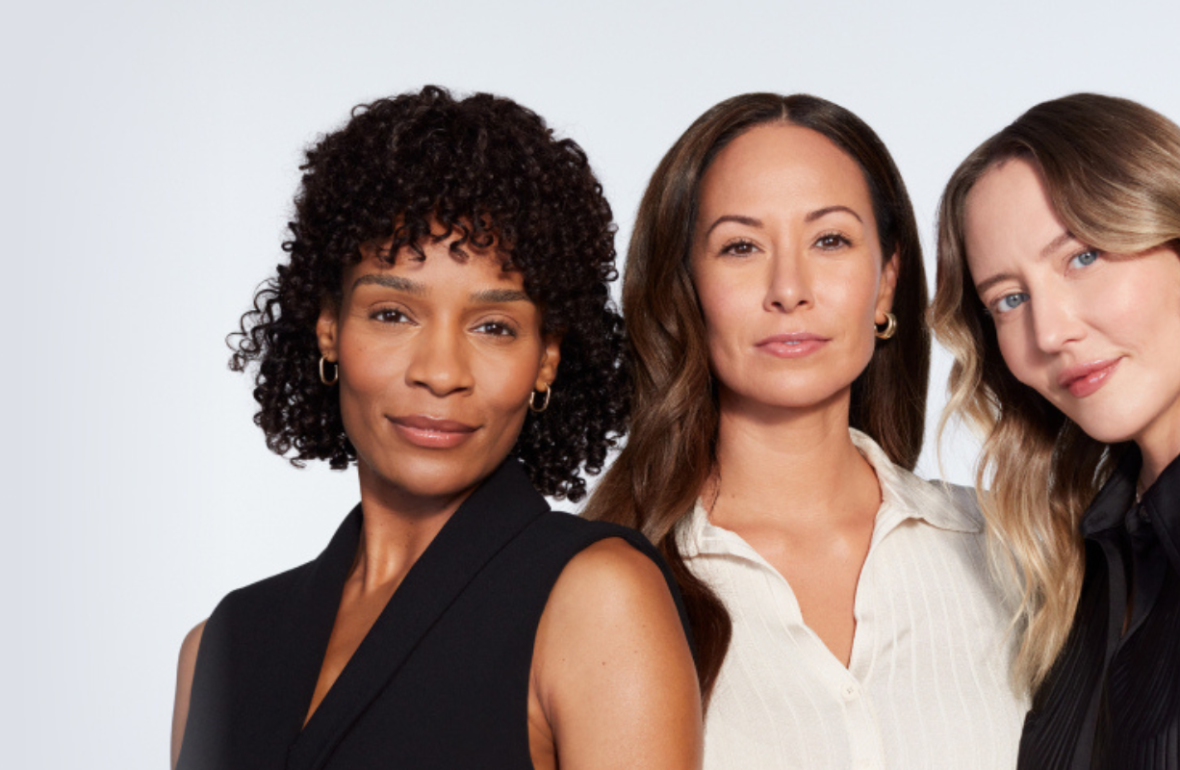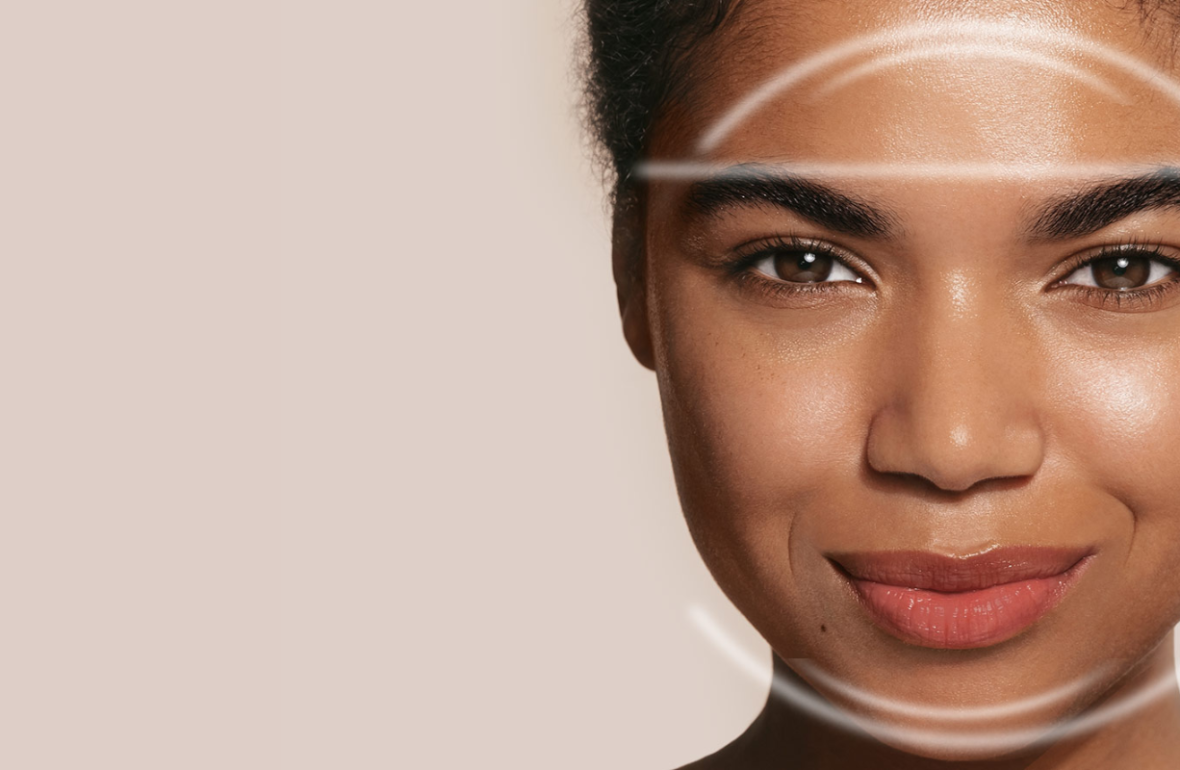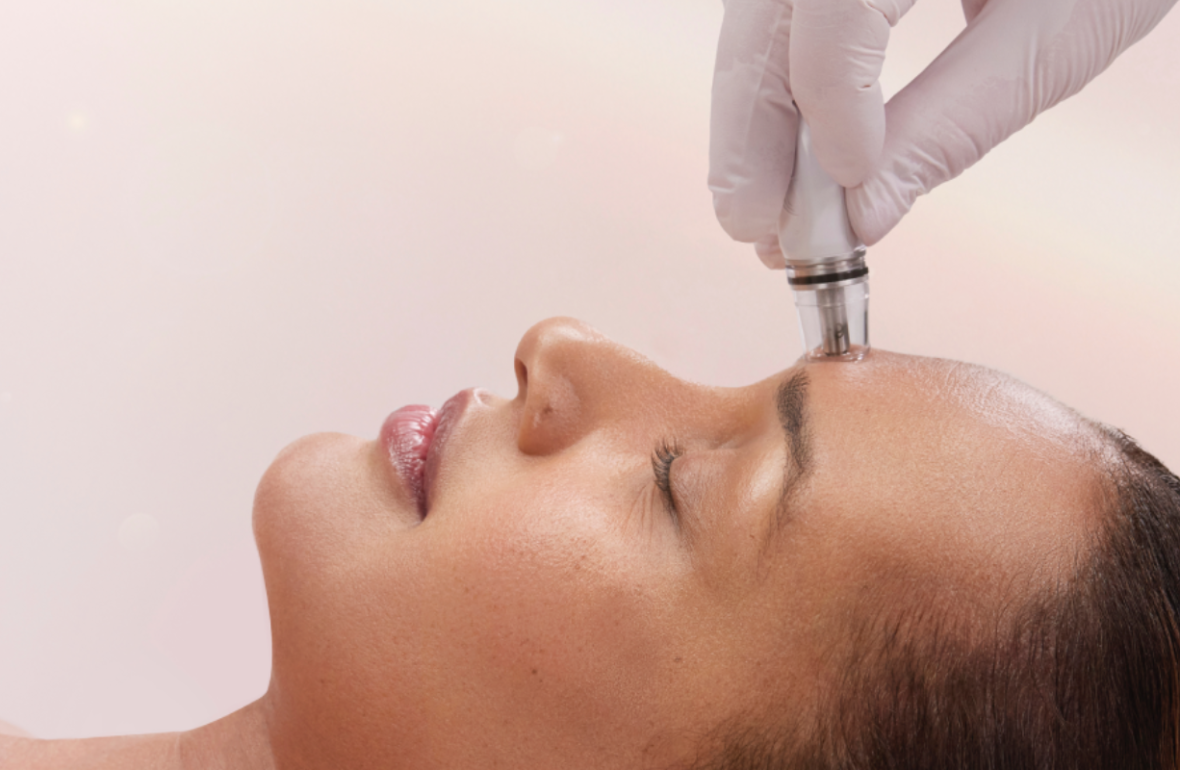Belladerm Blog
Are You Thinking Pink?
October is National Breast Cancer Awareness Month. Everywhere you look you can find pink, pink, pink!
The National Breast Cancer Foundation estimates that each year, over 200,000 women will be diagnosed with breast cancer and over 40,000 die. One woman in eight either has or will develop breast cancer in her lifetime. If detected early, the five-year survival rate for breast cancer exceeds 96%. Mammograms are among the best early detection methods, yet 13 million U.S. women 40 years of age or older have never had a mammogram. C’mon, ladies–get your appointment on the calendar for your mammogram! Though they are usually dreaded, you can make the day fun by scheduling something you really enjoy immediately following your appointment! Get a massage or a facial! Better yet, schedule your mammogram back to back with a girlfriend and then spend the rest of the afternoon together having some fun as a way to celebrate your healthy choices. This could be your annual tradition to protect your health.
The National Cancer Institute and U.S. Department of Health and Human Services recommend that women in their forties and older have mammograms every one to two years. A complete early detection plan also includes regular clinical breast examinations by a trained medical professional. Monthly breast self-exams are suggested in addition.
Check your knowledge to see if you have fallen for any of the myths surrounding breast cancer:
MYTH: Finding a lump in your breast means you have breast cancer.
TRUTH: Eight out of ten lumps are benign, or not cancerous.
MYTH: Men do not get breast cancer.
TRUTH: This year 178,480 women will be diagnosed with breast cancer and 40,460 will die; however, 1,600 men will be diagnosed with breast cancer and 400 will die.
MYTH: A mammogram can cause breast cancer to spread.
TRUTH: An X-ray of the breast is called a mammogram. The X-ray and the pressure on the breast from the X-ray machine cannot cause cancer to spread. Do not let tales of other people’s experiences keep you from having a mammogram.
MYTH: Having a family history of breast cancer means you will get breast cancer.
TRUTH: While women who have a family history of breast cancer are in a higher risk group, most women who have breast cancer have no family history. If you have a mother, daughter, sister, or grandmother who had breast cancer, you should have a mammogram five years before the age of their diagnosis.
Looking for a way to help? Click here to help fund free mammograms for women in need — low-income, inner-city and minority women whose awareness of breast cancer and opportunity for help is often limited. Your click is paid for by site sponsors, and mammogram funding is provided to clinics throughout the U.S. through the efforts of the National Breast Cancer Foundation.
If you’d like more information about breast cancer, click here to connect to the American Cancer Society’s website.
The post Are You Thinking Pink? appeared first on Belladerm MedSpa Blog.
You, Only Better™
Belladerm MedSpaTM is Maple Grove’s state-of-the art medical spa, offering today’s most advanced and effective procedures to the Twin Cities area.
Subscribe via Email
Check Out our Other Posts














